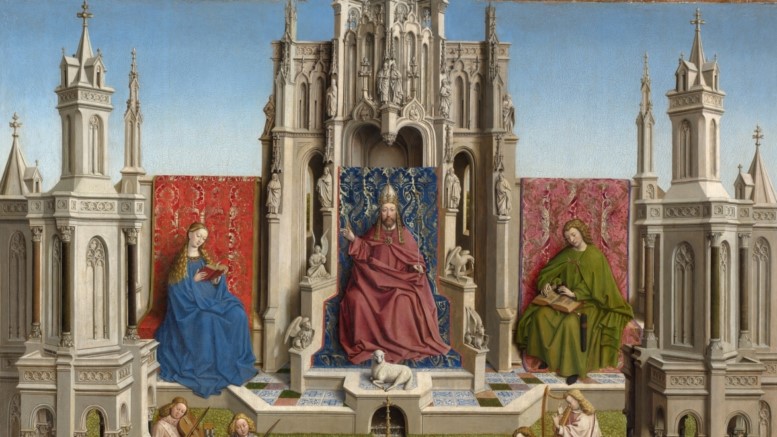
Summary of the lecture series “The Light of Tradition” held in Madrid on April 22nd.
A principled beginning calls for a principled end, as well as for principled means. This is the just measurement of all human actions, and naturally also of political action.
As the Traditionalist Communion has sought just politics, since its origins, it has taken as the foundation of its actions this righteous principle. It is the rule of the equanimous gentleman; it is the rule of evangelical prudence.
This is one of the conclusions discussed in the book What is Carlism, when determining what the Spains constitutewhat the Spains constitute; and what the Traditionalist Communion represents as its continuity of entrenchment, preservation and development.
This new Covadonga has been able to survive and provide benefits to a Spain assaulted by the Revolution because it has never been merely a historicism, nor a re-enactment. That is to say, because it is not the worship of an unjustly postponed or circumstantial historic phase.
In the same way, Carlism has been able to survive multiple vicissitudes owing to its prudence. Prudence is not the cunning of the children of darkness. Prudence, which is sensible, knows that the means are appropriate to the ends, and not just any road will do, nor does every road lead to where it is intended, even if it appears to do so. Possibilist promises are the dunghill of political despair, the breeding ground of cynicism.
Why has the Communion not fallen into these two lethal pits? Actually, for the same reason. What it has sought is the restoration of a Christian regime, founded on the principles of Catholic Unity and natural morality. Logically, adapted to the Spanish peoples, while also upholding the juridical principles of their laws.
However, neither the legitimate kings nor the chiefs and leaders lost sight of the fact that there is a conventional and circumstantial dimension to laws and rights. These aspects, as in the past, are refined to be efficacious in the present. Indeed, a dimension of the effective establishment of the regime.
The difference with other organizations that have existed since the liberal usurpation, only in appearance Catholic, is that the Communion did not fall into a certain error; on the contrary, it subjected itself to the rectitude of justice. What error is that? That of accepting, explicitly or tacitly, that circumstances —social, cultural or historical— constitute the principle and ultimate goal of the political regime, and that they ultimately take precedence over everything else.
This error, which is manifest in that it augurs the instability of any regime and its enslavement to the changing winds, has been cultivated from the Menendez-Pidalians, through the Canovists or Franco’s Unificationism, to the Blaspiñarian vestiges that have been carried through to the present day.
What is the trade-off that characterizes it? The merchandising of the ends, the manipulation of the principles, all for the sake of becoming obscured in the cornucopia of the means. As is to be expected, all that glitters is not gold: where is the effectiveness?
The Communion, which did not want to be in bad company, was generally alone in its clear objectives. As the only organization to uphold with integrity the principles of a Catholic fatherland for the re-establishment of the Hispanic regime, to give back its essence to Our Mother. This also entails its unbroken continuity, for it does so by appropriate and effective means in their proper measure.
Roberto Moreno, Círculo Cultural Antonio Molle
Translated by Alférez M. Scullin, Círculo Camino Real de Tejas




Deje el primer comentario